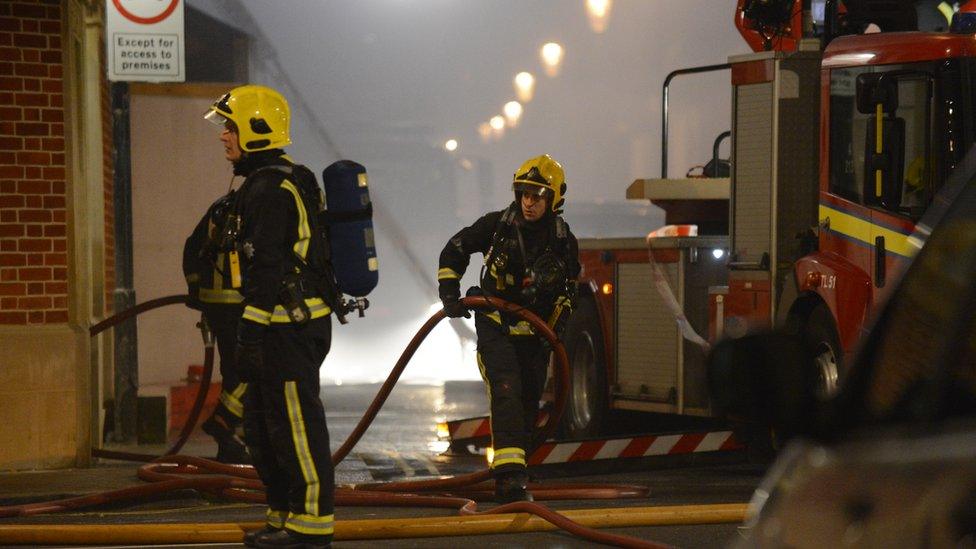Greater Manchester firefighters' dispute 'risks lives'
- Published
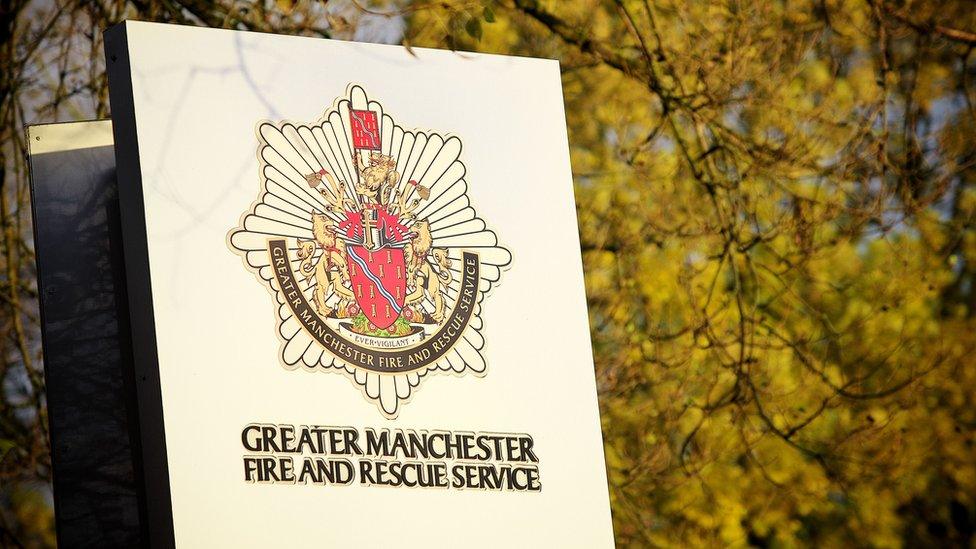
Government inspectors said Greater Manchester relied on Merseyside fire crews to be mobilised in order for it to deal with a marauding terrorist attack
Lives could be at greater risk if Manchester is targeted by terrorists because it no longer has a specialist fire service unit, a watchdog says.
Concerns about Greater Manchester Fire and Rescue Service's (GMFRS) ability to respond to attacks were raised by government inspectors.
The chief fire officer said it only applied to a marauding firearms attack.
Employers and the government were to blame for a dispute that sparked the closure of the unit, union bosses said.
The FBU said specially-trained firefighters who were in the unit would previously have been able to enter an area where an attacker had been which was in a police cordon.
In an event of this kind GMFRS would rely on fire crews from neighbouring Merseyside to attend the incident, inspectors said.
Her Majesty's Inspectorate of Constabulary and Fire & Rescue Services said GMFRS had not had the capability to respond to some terror-related incidents since before Christmas because of the dispute.
Inspector of fire and rescue Zoe Billingham said it could take up to an an hour for firefighters coming from Merseyside to be mobilised and provide specialist support in Greater Manchester.
'Contingency in place'
"The delay in any emergency service responding to a terror attack could very well cost lives," she said.
Jim Wallace, chief fire officer, said crews in Greater Manchester could respond to all other forms of terror attack.
"It is important to stress that this applies to a very specific type of terrorist incident which is thankfully extremely rare," he said.
"But if it happens in Greater Manchester, we have a contingency in place where we can call on the support of colleagues on Merseyside in addition to our usual operational response."
He also said the dispute with the Fire Brigades Union (FBU) was on a national level, "which is why we were unable to resolve it locally".

Analysis
By Danny Shaw, Home Affairs Correspondent
Across England and Wales, hundreds of firefighters have been specially trained and equipped to deal with a marauding gun attack.
They'd be expected to put out fires and recover bodies in so-called 'warm zones' where terror activity has stopped but risks remain.
In Greater Manchester, however, a dispute between the Fire Brigades Union and employers led to the unit being disbanded about six months ago.

The FBU said there needed to be "much wider planning" for such terror attacks.
General secretary Matt Wrack said: "We have been willing to take the necessary steps to bring firefighters in to the aftermath of terrorist incidents, with the essential protections in place.
"Responsibility for the delay in resolving this rests entirely with fire service employers and central Government who have been complacent throughout these discussions."
A Home Office spokesman said the government was aware of the concerns around GMFRS.
"We are... working with them to reinstate a specialist team that will provide an immediate response to a terror attack with support from neighbouring services," he said.
Any improvements required would be considered "very seriously" and all services would be expected to "make the necessary changes", the spokesman added.
- Published17 May 2019
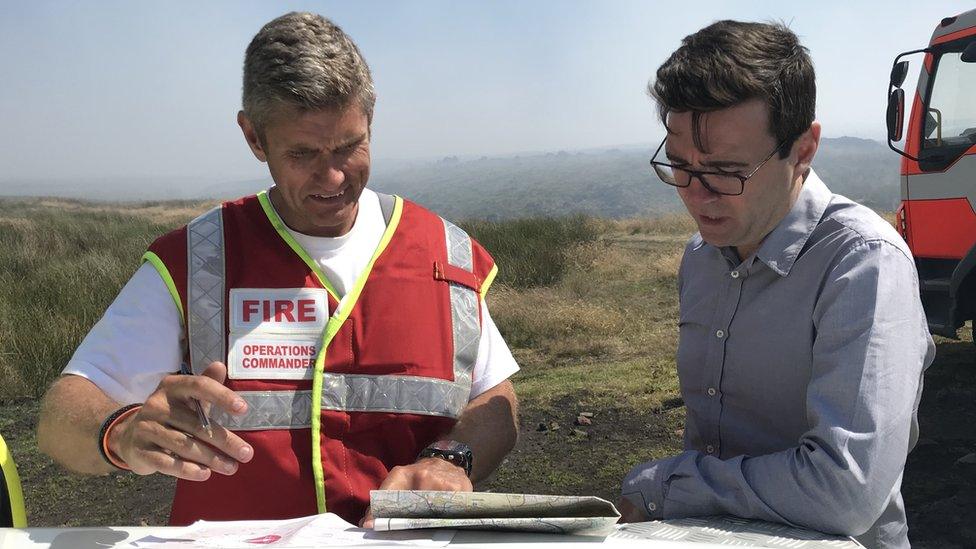
- Published12 March 2019
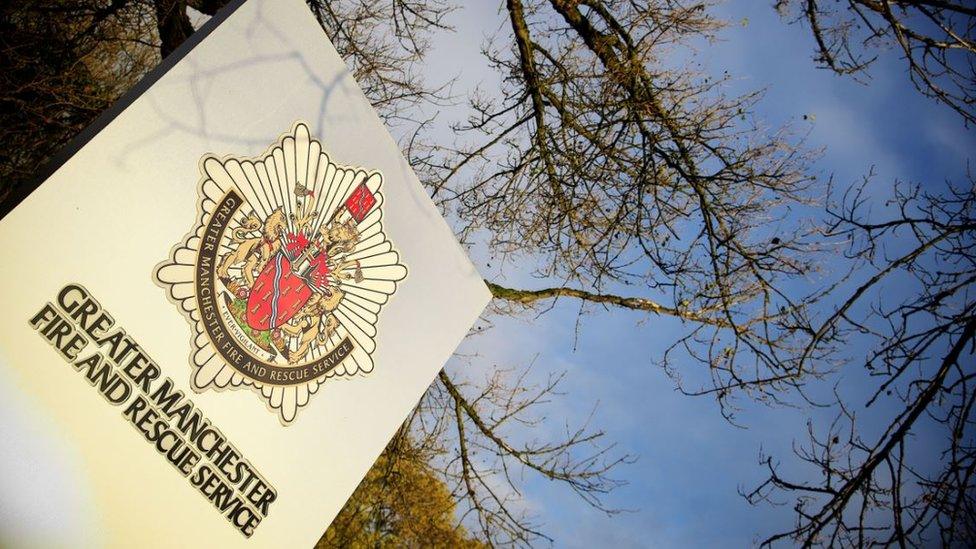
- Published18 April 2019
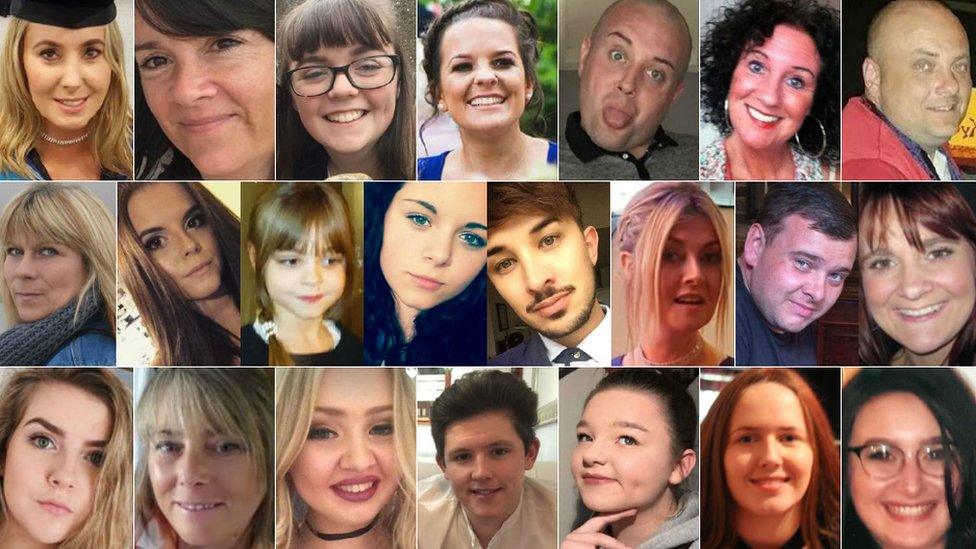
- Published6 February 2019
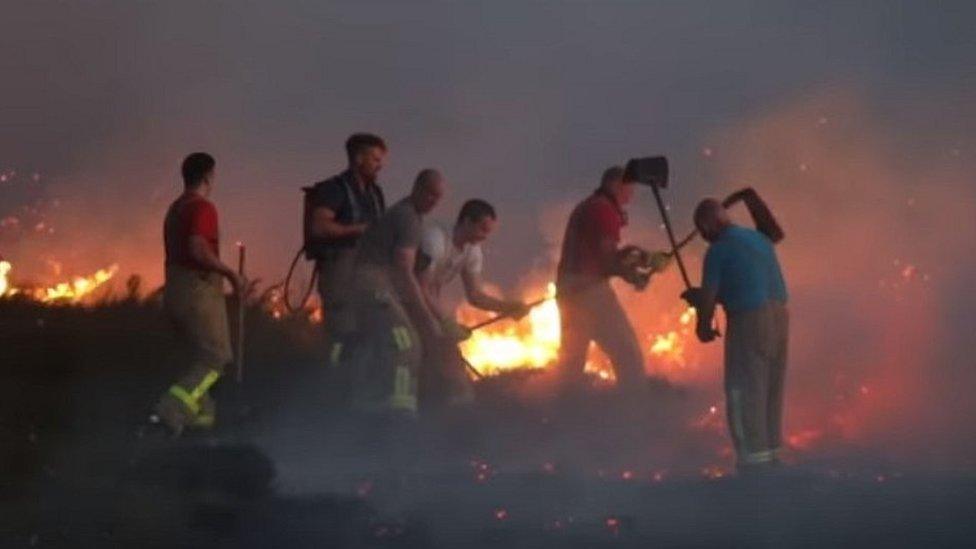
- Published20 December 2018
